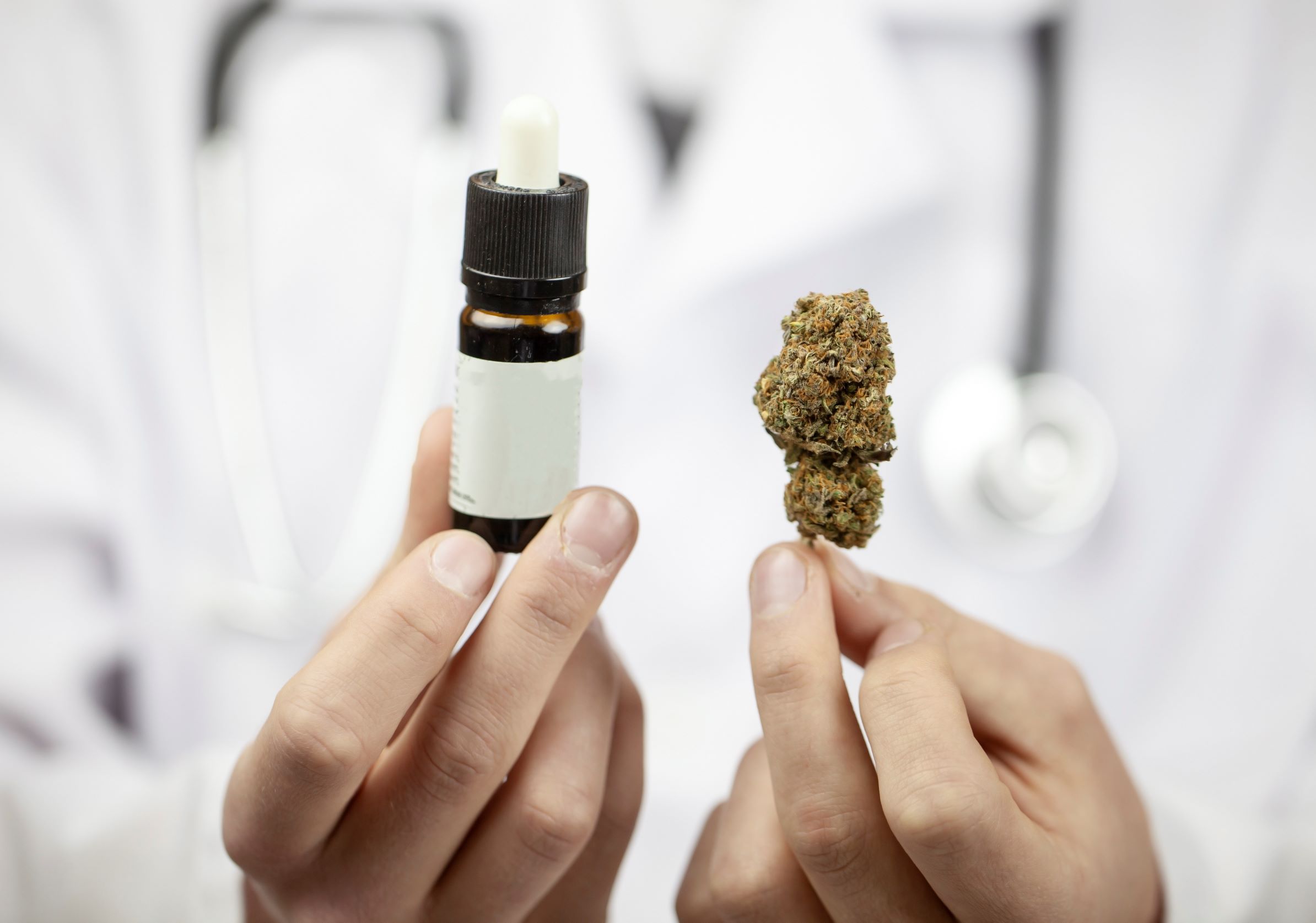5 Questions to Ask When Choosing a CBD Brand
A writer-turned-CBD entrepreneur explains exactly what to look for when buying the cannabis-derived compound.

By Jim Higdon
As a former journalist who co-founded his own CBD business, I’ve learned plenty about CBD products, both good and bad. Every lesson I learned as a journalist covering the cannabis industry, I applied to the decisions we made when creating CBD products for Cornbread Hemp.
Based on my experiences both as a journalist and entrepreneur, here are five questions that consumers must ask to select a CBD brand that reflects their values.
How much THC is in that CBD oil?
Many CBD consumers think that hemp does not contain any THC and equate it to “industrial hemp,” when, in reality, hemp is the same plant as marijuana, just with a low amount of THC — but not zero. “Full spectrum” CBD products include a legal amount of THC, not above 0.3 percent.
Beware of CBD products that claim to be THC-free, whether made from “broad spectrum” or CBD isolate. They appear to be less effective and may not even protect a user from testing positive in drug test.
What’s that CBD oil made from?
CBD comes from the flower of the hemp plant, but many CBD products are made from “whole plant” formulations that also include the stalk, stems, and leaves—none of which contain CBD. Fortunately, there are better options.
Have you heard of Flower-Only™ CBD products? Flower-Only™ is the new standard in CBD quality. Most CBD consumers think that the only “full spectrum” option is “whole plant,” but that’s not true. These two terms have become associated with each other only because a better full spectrum option didn’t exist before Flower-Only™ was introduced.
Who regulates that CBD product?
The FDA has yet to regulate hemp-derived CBD extract as a dietary supplement. The US Hemp Authority certifies products to the standard it hopes the FDA will approve in the future. However, this certification allows for GMO seeds and pesticide use, and it does not check for use of irradiation or sewage sludge in the farming process.
The USDA organic program is the gold standard for certification. For the highest quality, look for CBD products with the USDA organic seal.
Is that CBD product lab tested?
Don’t trust a CBD brand that doesn’t allow consumers to see third-party lab results before purchase. Make sure a CBD product is tested for cannabinoid potency, terpenes, pesticides, heavy metals, residual solvents, and biological contaminants. These tests should be available on the company’s website, and accessible in a retail setting by a QR code on the packaging.
Is that CBD brand authentic?
If the ownership of a CBD brand isn’t crystal clear on the company’s “About” page, then beware. If the brand hasn’t been reviewed by major publishers, then beware. If the products aren’t protected against counterfeiting, then beware.
Most CBD brands are “white labeled” from factory producers. Those brands have no relationship with their farmers, have no idea where their CBD comes from, and are buying formulations straight off the laboratory shelf. Those “white label” products aren’t worth it.
Conclusion
At Cornbread Hemp, we do our best to provide products that answer these questions in the most satisfactory ways. That’s why we are a family-owned company that offers Flower-Only™, full spectrum, USDA organic CBD products, made from hemp grown sustainably in Kentucky on certified organic farms. If you can find another brand that meets these standards, then that’s a good brand you can trust.
Jim Higdon is co-founder of Cornbread Hemp. He is a native of Kentucky, and holds degrees from Centre College, Brown University, and Columbia University. Jim published Cornbread Mafia in 2012, which led to a journalism career covering Kentucky for the Washington Post and cannabis policy for POLITICO.
